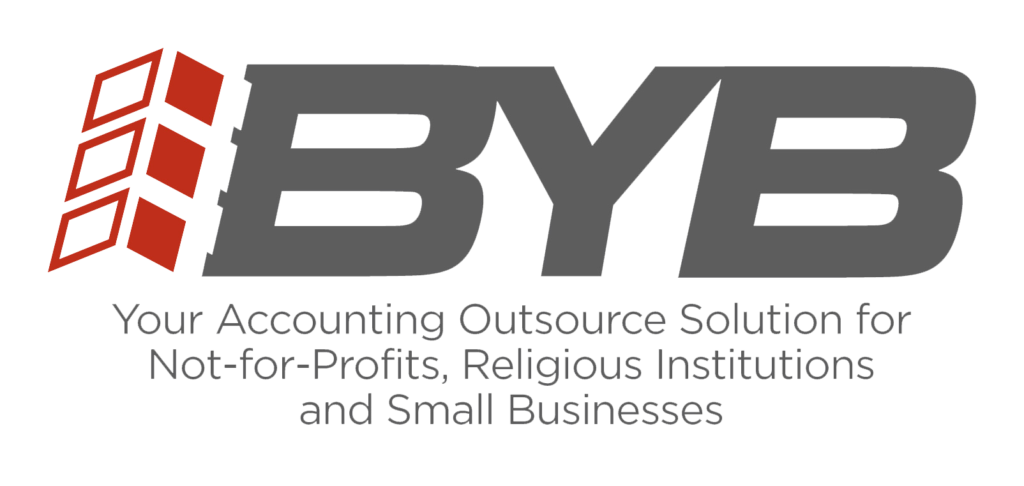![]()
President Trump recently signed the tax reform bill into law which resulted into major changes to the code for both individuals and corporations. Here is a brief summary of the changes that will affect most of you.
- Tax Brackets – Same number of brackets, different tax rates and different ranges. If your taxable income is the same in 2018 as was 2017, you will pay less federal taxes. A lot of the difference are in the changes leading to “taxable income”.
- The marriage penalty is almost gone. – Under the old law the combined income for a married couple was taxed at a higher rate than the same total income for 2 individuals. For example: a single person with taxable income of $90K would be in the 25% bracket. A couple with $180k in taxable income is in the 28% bracket. Under the new law, both cases are in the 25% bracket.
- New Standard Deductions
| Filing Status | Old Law | New Law |
| Single | $6,500 | 12,000 |
| MFJ | 13,000 | 24,000 |
| MFS | 6,500 | 12,000 |
| HOH | 9,350 | 18,000 |
- Capital Gains (stock sales and sales of other appreciated assets)
-
- Short term gains are taxed as ordinary income (no difference)
- Long term rates are as follows:
| Single | MFJ | HOH | MFS | |
| 0% up to: | $38,600 | $77,200 | $51,700 | $38,600 |
| 15% up to: | 425,000 | 479,000 | 452,400 | 239,500 |
| 20% over | 425,000 | 479,000 | 452,400 | 239,500 |
- Tax Breaks for Parents. The child tax credit is increased from $1,000 per child to $2,000 per child. Of that amount $1,400 is refundable. In addition, the phase out for eligibility is expanded.
| Tax Status | Old Law | New Law |
| MFJ | $110,000 | $400,000 |
| Individuals | $75,000 | $200,000 |
-
- If children are 17 years and older or you care for elderly relatives, you can claim a nonrefundable credit of $500 each.
- Home mortgage interest can only be taken for mortgage balances up to $750,000. This was previously $1 million. This applies to loans taken after Dec. 15, 2017. Interest on home equity debt can no longer be deducted.
- State and Local Tax Deduction (SALT) is now limited to $10,000.
- Deductions that are disappearing:
-
- Casualty and theft losses
- Unreimbursed employee expenses
- Moving expenses
- Pass-through income from sole proprietorship, LLCs, partnerships, and S corporations will be able to deduct 20% of the profit. There are phaseout income limits that apply to “professional services” business owners. They are $157,500 and $315,000 for individuals and married couples respectively.
- Corporate tax rates have been reduced for most corporations, but not for all. A corporation with profit below $50,000 will pay more in taxes. The new rate is 21% for all profits. The old rates were:
| From | To | Rate |
| $0 | $50,000 | 15% |
| 50,000 | 75,000 | 25% |
| 75,000 | 100,000 | 34% |
| 100,000 | 335,000 | 39% |
- Interesting: If in 2017 your corporate profit was $50,000; your federal tax was $7,500 (50K * 15%). That tax increases under the new law to $10,500 (50K * 21%). Let’s hope this is corrected soon.






